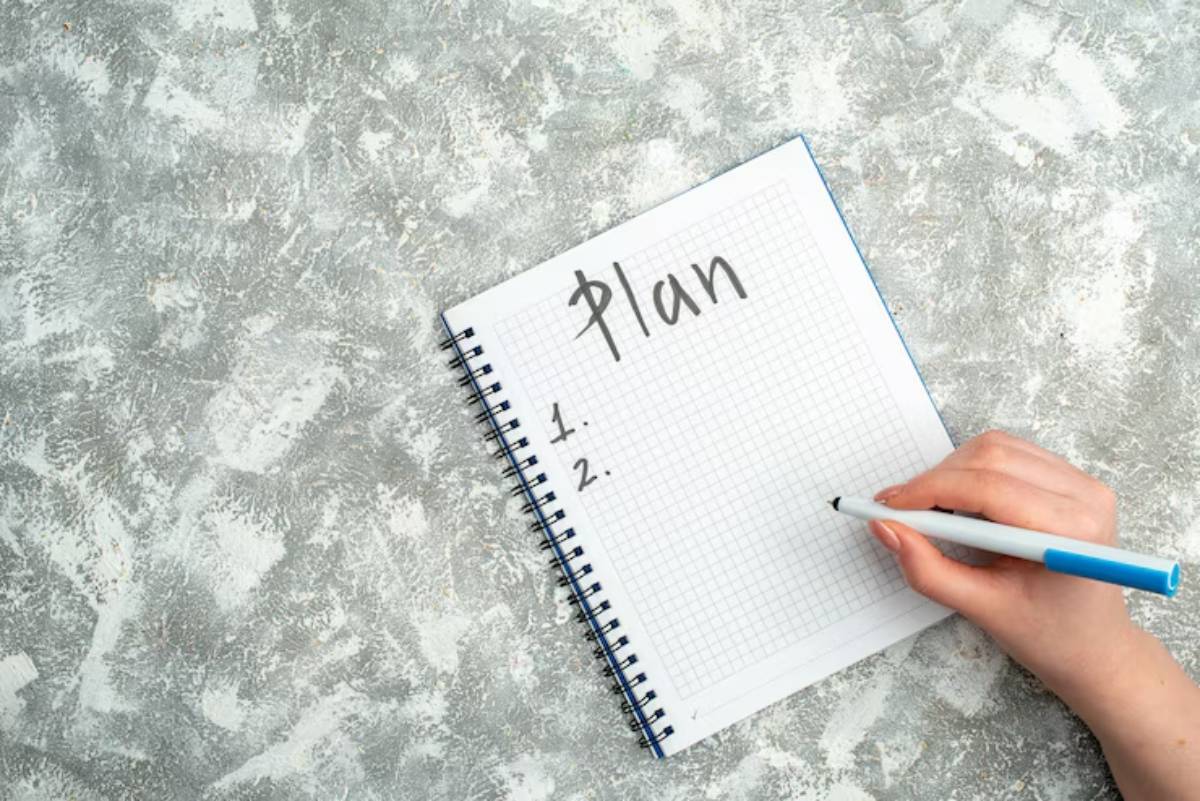
Reducing Micro-Decisions to Beat Procrastination
Ever feel exhausted before the real work even begins? You’re not alone if you’ve ever stood in front of your wardrobe agonising over what to wear or debated between two email templates for far too long. These seemingly trivial choices are called micro-decisions, and they add up.
While they may appear harmless, micro-decisions create decision fatigue, a phenomenon that gradually saps your mental energy and impairs your ability to focus on more significant tasks. In our always-on, choice-saturated environment, this fatigue can quietly feed procrastination. The good news? Reducing these decisions can dramatically enhance action efficiency and simplify your day, allowing you to focus your energy where it counts most.
In this post, you’ll discover how micro-decision stress affects your productivity and how strategic simplification can help you overcome chronic delay.
Understanding Micro-Decisions and Their Impact
What Are Micro-Decisions?

Micro-decisions are the small, routine choices you make daily — what to wear, what to eat, which tab to open, when to reply to a message, and how to phrase a sentence. On their own, they seem minor. But compounded over a day, they quietly erode your cognitive resources.
Examples of daily micro-decisions include:
- Choosing which task to tackle first
- Deciding whether to check email now or later
- Picking between two equally good productivity apps
- Debating whether to snooze your alarm
How They Feed Procrastination
Research from Stanford University and the University of Minnesota shows that an overabundance of choices can lead to choice overload, a state in which we delay decisions due to fear of making the wrong one. This delay creates a perfect storm for procrastination.
In addition, neuroscientists have found that our prefrontal cortex — the part of the brain responsible for planning and decision-making — has limited bandwidth. When preoccupied with small decisions, it lacks the power to handle larger, value-driven tasks effectively.
The Science of Decision Fatigue
Decision fatigue is a psychological phenomenon where the quality of your decisions deteriorates after a long decision-making session. This leads to:
- Impulsive behaviour (grabbing unhealthy snacks)
- Avoidance (postponing tasks that require thought)
- Reduced willpower (giving up on complex tasks quickly)
Studies, such as those by Dr. Roy Baumeister, show that our willpower functions like a muscle. The more we use it, the more fatigued it becomes. If you make dozens of minor choices before starting your primary task, you’re wearing out that mental muscle early.
How to Simplify Your Day for Better Focus
Reducing micro-decisions is not about limiting freedom — it’s about freeing up your brain for what truly matters.
1. Automate Routine Decisions
Examples:
- Wear a signature outfit (think Steve Jobs’ black turtleneck strategy)
- Meal prep for the week to avoid daily food decisions
- Use recurring calendar blocks for regular tasks
Why it works: Automating trivial choices conserves your decision-making energy for tasks requiring creative thinking or strategic input.
2. Use Pre-Commitment Techniques
Pre-commitment means deciding in advance, thereby bypassing the need to re-decide later.
Try this:
- Write out a daily schedule the night before
- Commit to a fixed work start time
- Set app limits and turn off notifications proactively
This technique pairs well with Evening Planning Habits to Reduce Tomorrow’s Procrastination, helping you stay one step ahead.
3. Create Default Settings for Your Life
Establishing defaults removes the need to constantly choose.
Examples:
- Default lunch: same healthy meal during workdays
- Default email templates: pre-written responses for common queries
- Default workspace: a clean, distraction-free zone
These small shifts reduce the mental load of starting, letting you build action momentum.
Action Efficiency: Getting More Done with Less Resistance
Action efficiency is the ability to start and complete tasks with minimal friction. Eliminating choice paralysis speeds up task initiation and reduces the risk of mental derailment.
Batch Similar Tasks
Group small, related actions together, such as replying to all emails at once or completing errands in a single outing.
Benefits:
- Fewer context switches
- Less cognitive re-entry effort
- Reduced decision-making between unrelated tasks
Use Simple Systems
Instead of chasing productivity trends, stick to simple tools that work for you. A notebook, a calendar, and a to-do list can go a long way. Avoid overwhelming yourself with too many apps or methods.
Check out The 5-Minute Rule That Gets You Moving for a quick-start technique that enhances action efficiency.
Reduce Micro-Decisions Today
Here are actionable steps to simplify your daily routine:
Morning

- Set your clothes out the night before
- Eat the same healthy breakfast
- Use a pre-written morning routine checklist
Work Hours
- Block schedule your day (e.g., 9–11 AM for deep work)
- Create task templates (e.g., blog post outlines, email structures)
- Mute all non-essential notifications
Evening
- Reflect with a short journal prompt (“What slowed me down today?”)
- Prepare tomorrow’s task list in advance
- Power down tech 1 hour before bed
Key insight: The more predictability you create, the more mental clarity you gain.
When Simplification Feels Restrictive
It’s normal to resist routines, especially if you value spontaneity. But simplification doesn’t mean rigidity. It’s about removing the noise so you can better enjoy the flexibility you choose to keep.
Start small. You don’t need a perfectly streamlined life overnight. Pick one area — your morning routine, emails, or lunch choices — and reduce friction first.
Over time, you’ll notice a cumulative effect: fewer micro-decisions, less procrastination, more mental space for the goals that matter.
Conclusion: Streamline Your Way to Action
Procrastination isn’t always about laziness or lack of discipline — often, it’s the hidden weight of too many micro-decisions slowing you down.
By simplifying your routines, reducing unnecessary choices, and designing default behaviours, you can reclaim and use your mental energy more effectively. You’ll get more done and feel less overwhelmed while doing it.
So, which micro-decision will you eliminate today? Start small, stay consistent, and notice how much lighter your mind begins to feel.
Ready to simplify your day and beat procrastination? Share your favourite micro-decision hack in the comments — or better yet, try one of the tips above and let us know how it worked for you!


